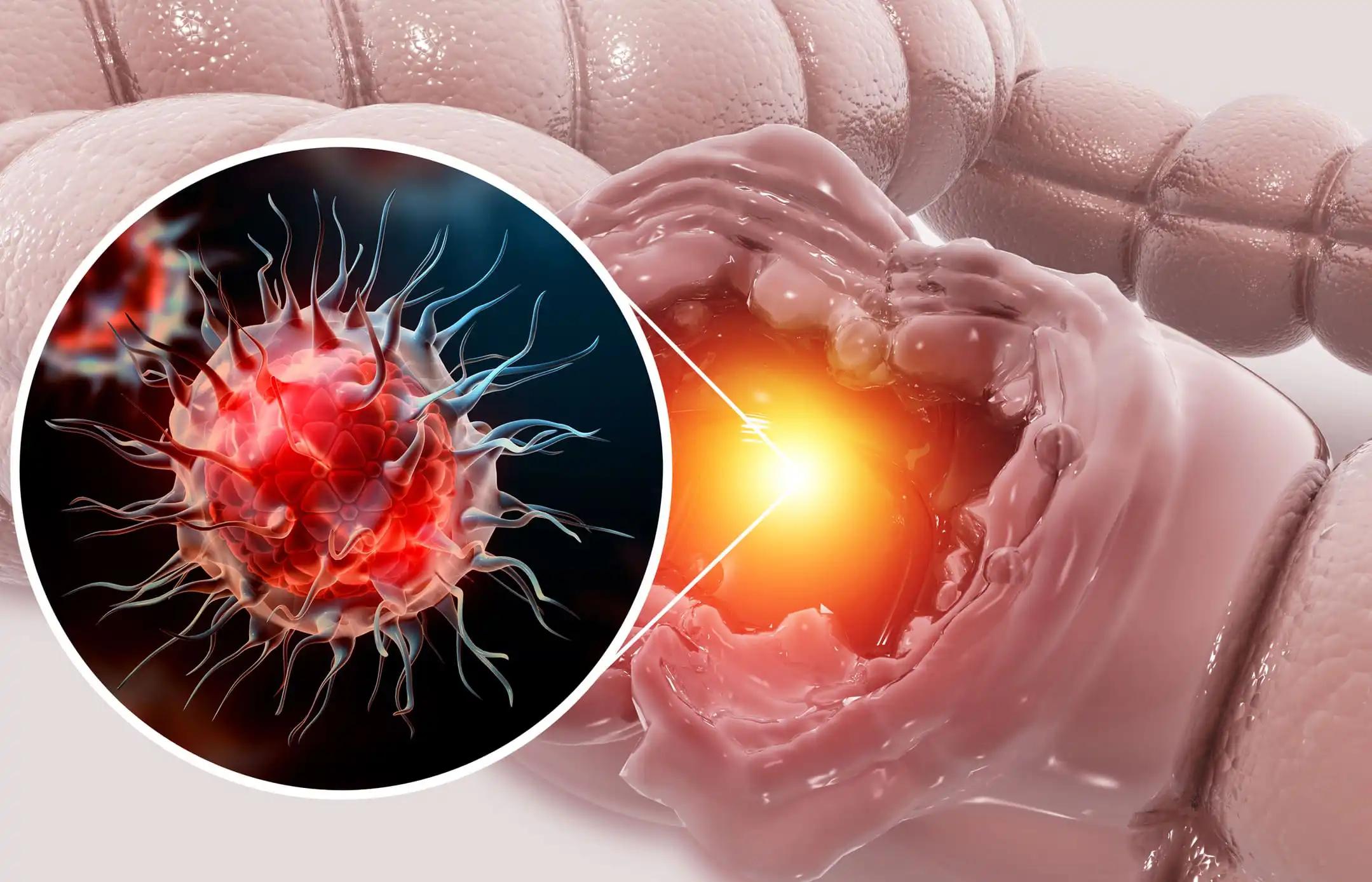KEY TAKEAWAYS
- The CoVigi phase IV multicentric trial evaluated SARS-CoV-2 effects in cancer patients, comparing them to healthy volunteers and considering concurrent therapies.
- The study showed that healthy volunteers had a stronger immune response than GI pts, with a notable impact from pre-vaccination SARS-CoV-2 infection. Post-vaccination, SARS-CoV-2-recovered cancer patients had significantly higher immune responses than SARS-CoV-2-naïve cancer patients.
Patients (pts) with solid cancer have a heightened risk of encountering a more severe form of COVID-19, particularly if they undergo active anti-cancer treatments that weaken their immune system. Vaccination is the only effective means to prevent severe COVID-19 complications in these pts. The study’s objective was to evaluate the side effects, effectiveness, and immune responses to SARS-CoV-2 in cancer pts, comparing them to healthy volunteers and considering potential interference from ongoing cancer therapy.
Researchers conducted a prospective open-label, non-randomized multicenter phase 4 clinical study called CoVigi. The study enrolled cancer pts undergoing various anti-cancer treatments, including chemotherapy with or without monoclonal antibodies, monoclonal antibodies alone, checkpoint inhibitors, oral targeted therapies, and curative radiotherapy. Healthy volunteers were also included. Data was collected on vaccine side effects, the onset and progression of COVID-19, and measured anti-S and anti-N SARS-CoV-2 antibodies (Roche) and SARS-CoV-2 specific T-cell responses using the IFN-gamma-release assay (Qiagen) and SARS-CoV-2 specific CD69 lymphocyte upregulation at multiple time points: baseline (prior to the first vaccination; V1), prior to the second dose (V2), 4-8 weeks after the first dose (V3), and at 3, 6, 12, 18, and 24 months post the first dose (V4-8). This analysis specifically included subjects vaccinated with Pfizer-BioNTech vaccines.
Between April and September 2021, 204 solid cancer pts (including 91 with breast cancer, 45 with gastrointestinal cancer, 34 with genitourinary cancer, 15 with head and neck or lung cancer, 13 with melanoma, and 6 with other cancer types) and 73 healthy volunteers were enrolled for this analysis. Among gastrointestinal cancer pts, the median age was 59 years, 53% were men, and most commonly received either chemotherapy (62%) or chemotherapy with monoclonal antibodies (24%).
At V1, 36% of gastrointestinal cancer pts had detectable levels of anti-SARS-CoV-2 antibodies before vaccination, similar to healthy volunteers but slightly higher than other cancer types. Only half of them had a history of COVID-19. In the cohort of pts who had recovered from SARS-CoV-2 infection, median values for anti-S antibodies and T-cell response were comparable between gastrointestinal cancer pts and the reference cohort at V1. However, after the second vaccine dose (V3), these median values significantly increased for gastrointestinal cancer pts compared to the reference cohort. Subsequently, they decreased during the follow-up visit (V5).
In SARS-CoV-2-naïve pts, the immune response was consistently lower. After the second vaccine dose (V3), the response increased significantly for gastrointestinal cancer pts compared to the reference cohort and then decreased at the follow-up visit (V5). Notably, 52% of SARS-CoV-2-naïve gastrointestinal cancer pts showed seroconversion after the first dose (V2), 86% within three weeks after the second dose, and 100% after three months from the initiation of vaccination. In contrast, all healthy volunteers showed seroconversion after the first dose.
The immune response in healthy volunteers was higher than in gastrointestinal cancer pts and was substantially influenced by prior SARS-CoV-2 infection. Post-vaccination responses in cancer pts who had recovered from SARS-CoV-2 infection remained significantly higher than in SARS-CoV-2-naïve cancer pts.
Source: https://www.annalsofoncology.org/article/S0923-7534(23)00574-4/fulltext
Clinical Trial: https://www.clinicaltrialsregister.eu/ctr-search/search?query=2021-000566-14
Obermannová, R., Selingerova, I., Demlova, R., Valik, D., Zdražilová-Dubská, L., Kiss, I. P-376 CoVigi phase IV multicentric trial evaluating COVID-19 vaccination effectiveness, safety, and immune response dynamics: SARS-CoV-2-specific antibody and T-cell response focused on patients with gastrointestinal tumors. https://doi.org/10.1016/j.annonc.2023.04.432



